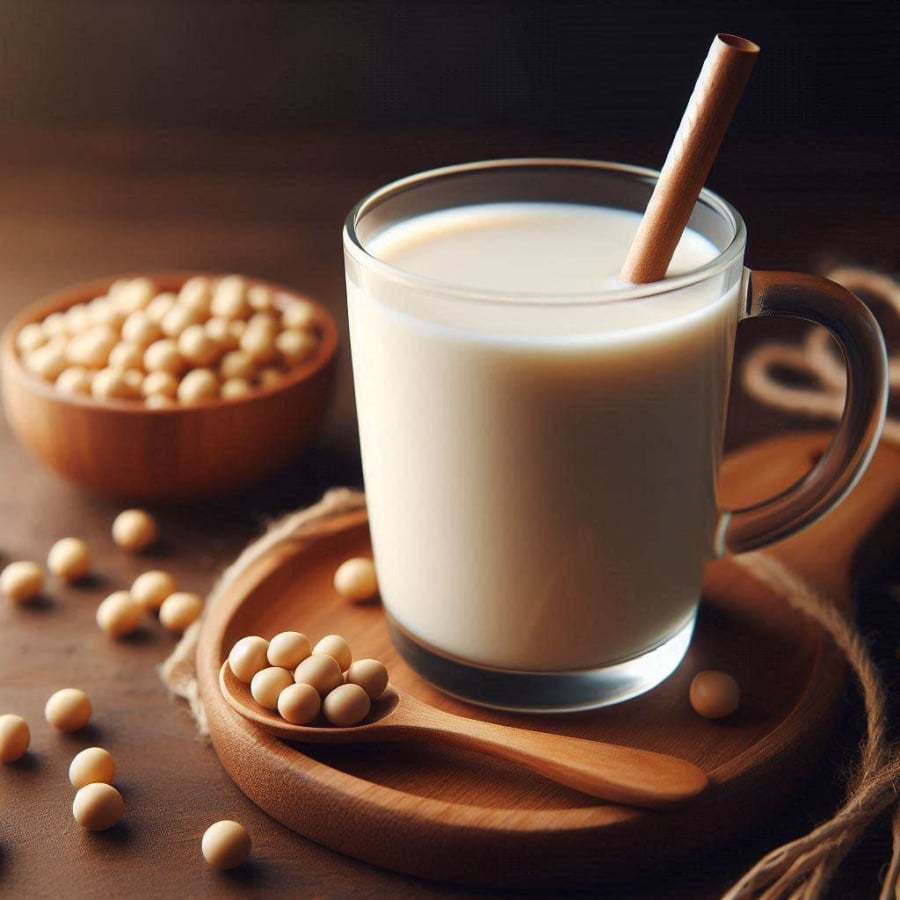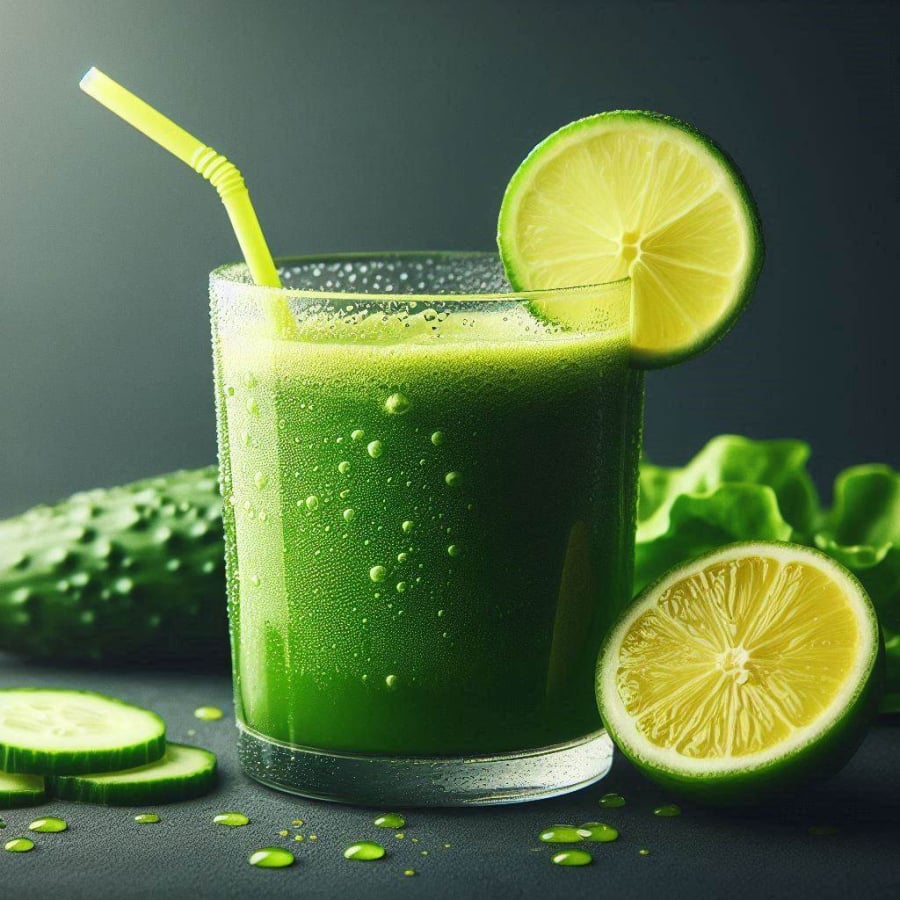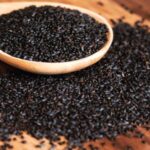For optimal stomach health, it’s best to eat until you’re about seven or eight-tenths full rather than stuffing yourself. This is especially important for those with weak digestion as eating in moderation not only protects the stomach and intestines but is also a key principle in health care. However, it’s crucial to avoid consuming the following five types of foods on an empty stomach, as they can damage the stomach and intestinal mucosa and cause a sudden spike in blood sugar levels after meals.
Tea, Coffee, and Alcohol
According to Traditional Chinese Medicine doctor Huang Zhongyu, most teas are cooling in nature, and whether consumed hot or cold, they can dilute stomach fluids and reduce digestive capacity. Moreover, theophylline in tea can stimulate stomach acid, leading to symptoms such as a rapid heartbeat, dizziness, weak limbs, and a feeling of hunger.
Coffee, especially strong coffee, can damage the stomach mucosa and negatively affect digestion and absorption.
Drinking alcohol on an empty stomach is a big mistake, as alcohol will easily permeate the digestive tract, irritating the stomach mucosa and causing discomfort. Common symptoms include hypoglycemia, dizziness, rapid heartbeat, cold sweats, and in severe cases, it can lead to coma, shock, or even death.

Strong coffee can damage the stomach mucosa and affect digestion.
Soy Milk, Cheese, and Carbonated Drinks
Soy milk, with its high protein content, is a great nutritional choice. However, when consumed on an empty stomach, it can lead to protein waste, resulting in nutritional imbalances and increased burden on the digestive and urinary systems. Therefore, it’s best to eat a small amount of carbohydrate-rich food before drinking soy milk to enhance nutrient absorption.
Cheese contains lactic acid bacteria, which benefits digestion, but for those who are lactose intolerant, eating cheese on an empty stomach can cause discomfort. Thus, avoid consuming cheese on an empty stomach to maintain digestive health.
Carbonated drinks are high in citric acid, which accelerates calcium metabolism, leading to potential calcium deficiency with long-term consumption. Moreover, cold drinks can irritate the stomach mucosa, causing spasms and digestive issues. So, limit your intake of carbonated drinks on an empty stomach to protect your digestive health.

Eat a small amount of carbohydrate-rich food before drinking soy milk for better nutrient absorption.
Foods with a High Glycemic Index
International studies have shown that consuming high-glycemic-index foods on an empty stomach, such as white rice, sticky rice, or white bread, can cause a rapid increase in blood sugar levels. This not only leads to hunger and increased appetite but also accelerates food metabolism, resulting in fat accumulation.
Vegetable and Fruit Juices, and Lemon Water
Many spicy and cold foods should be avoided on an empty stomach, as they can strongly irritate the digestive mucosa. Vegetable juices contain high amounts of cooling agents, and long-term consumption can lead to stomach cooling and, in severe cases, stomach inflammation.
Lemon water should also be avoided on an empty stomach. The citric acid in lemon juice stimulates stomach acid secretion, affecting the intestines and stomach, particularly for those with weak stomach function.

Vegetable juices can lead to stomach cooling and inflammation if consumed in large quantities.
Cold Foods and Fruits Rich in Pectin and Tannin
Fruits high in pectin and tannin, such as hawthorn, tomatoes, and oranges, can react with stomach acid to form stomach stones when consumed on an empty stomach. Therefore, refrain from eating these fruits before a meal.
Many people choose bananas for breakfast, but bananas are cooling in nature and can cause stomach pain and bloating when eaten on an empty stomach. Other cold foods like watermelon and pear should also be consumed in moderation when the stomach is empty, as they can cause indigestion and discomfort for those prone to catching colds or having diarrhea.





































